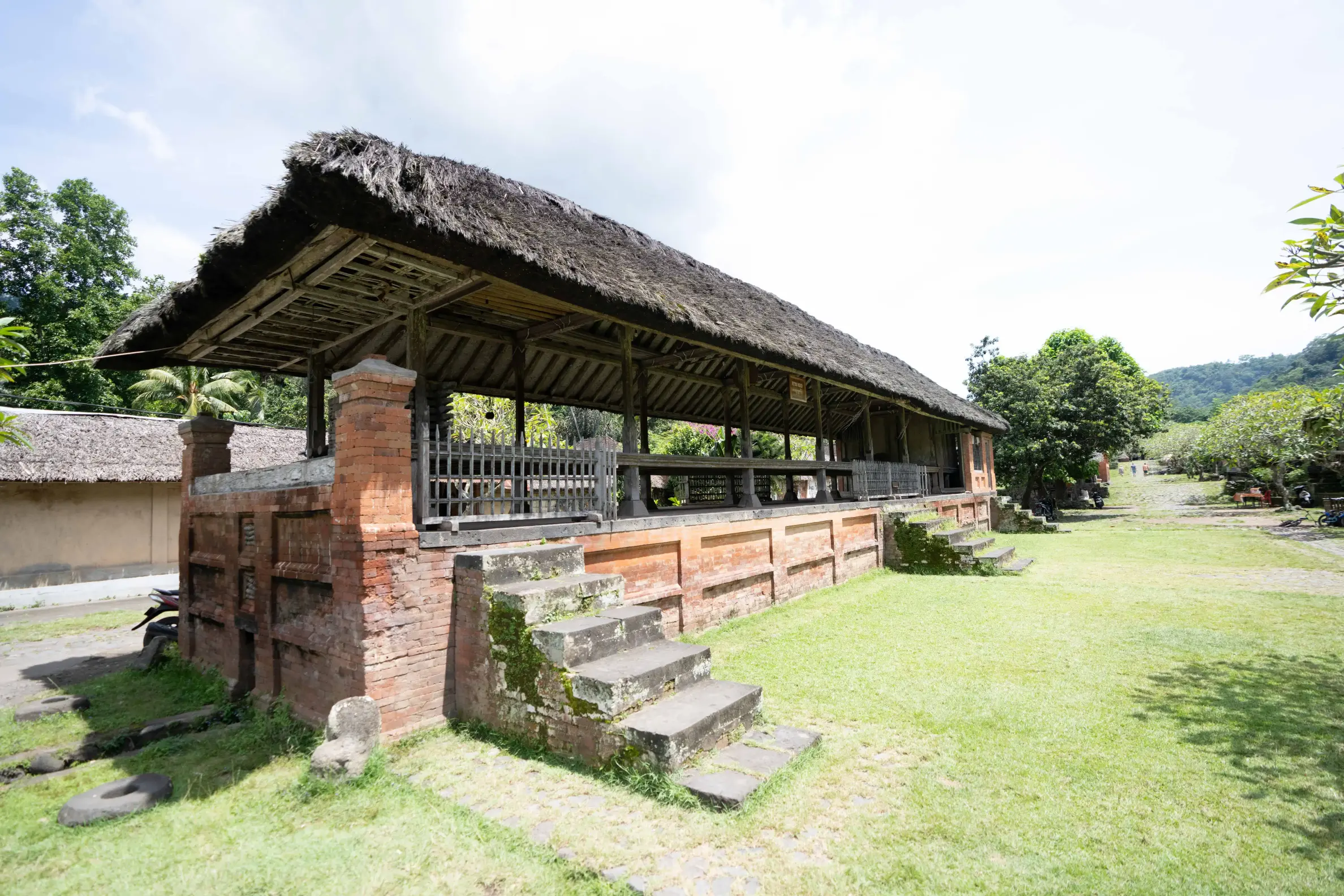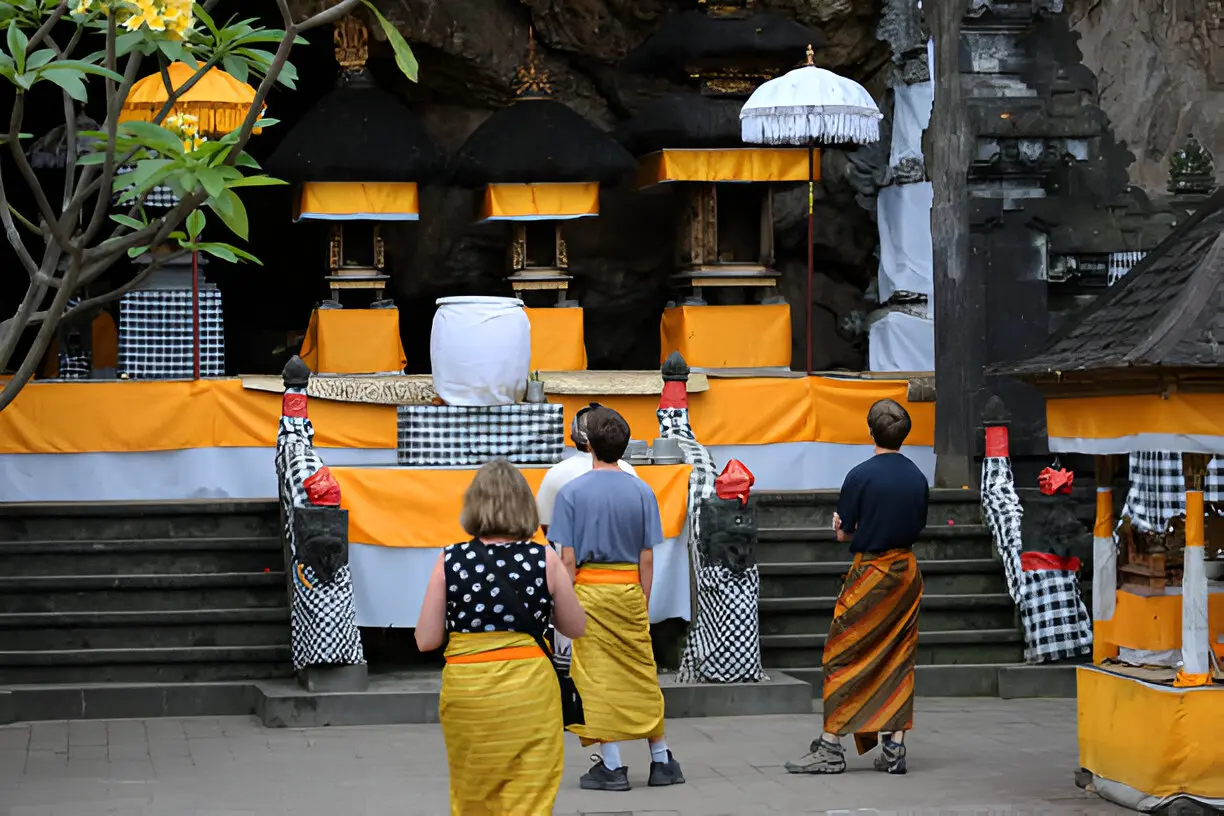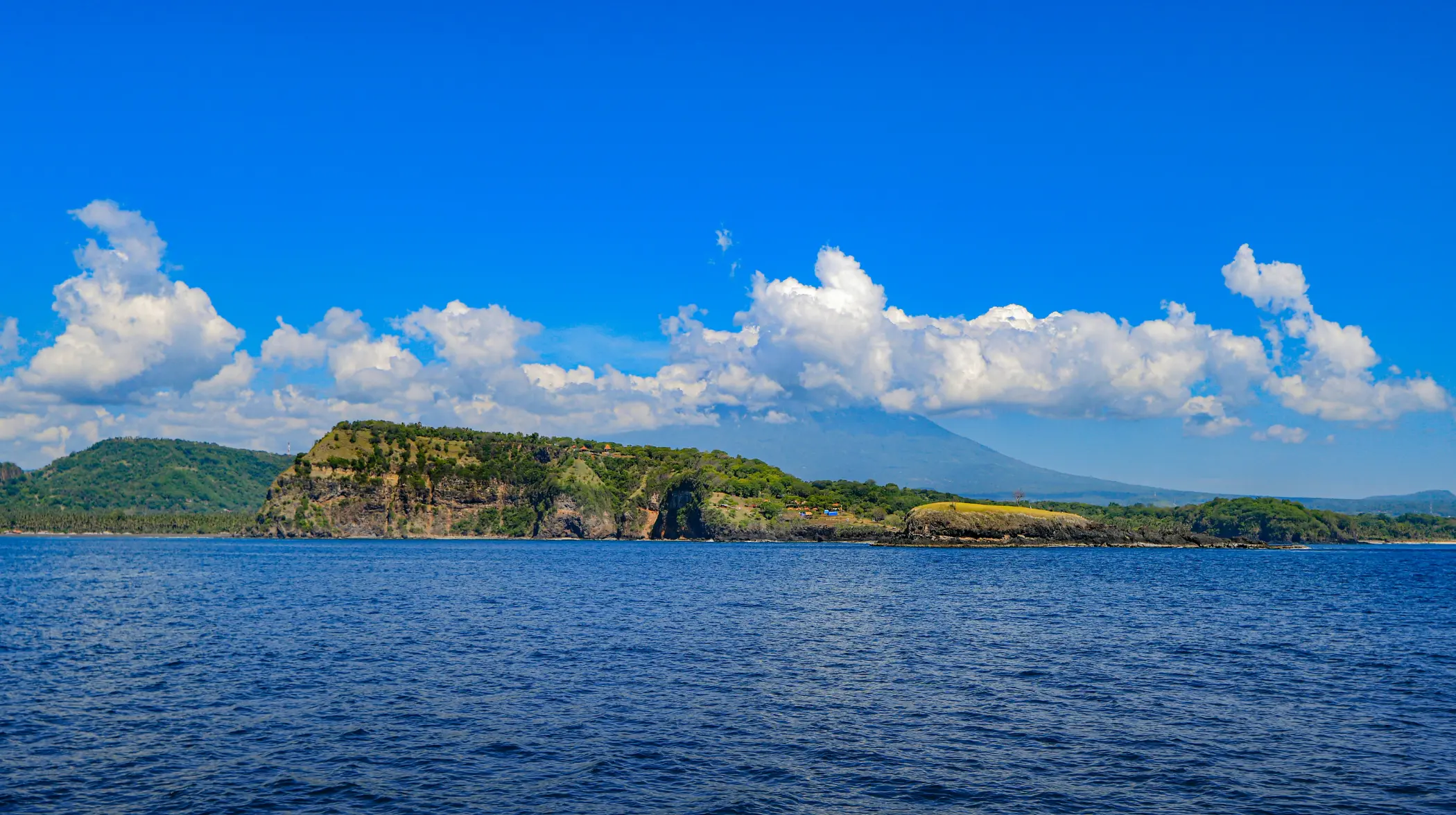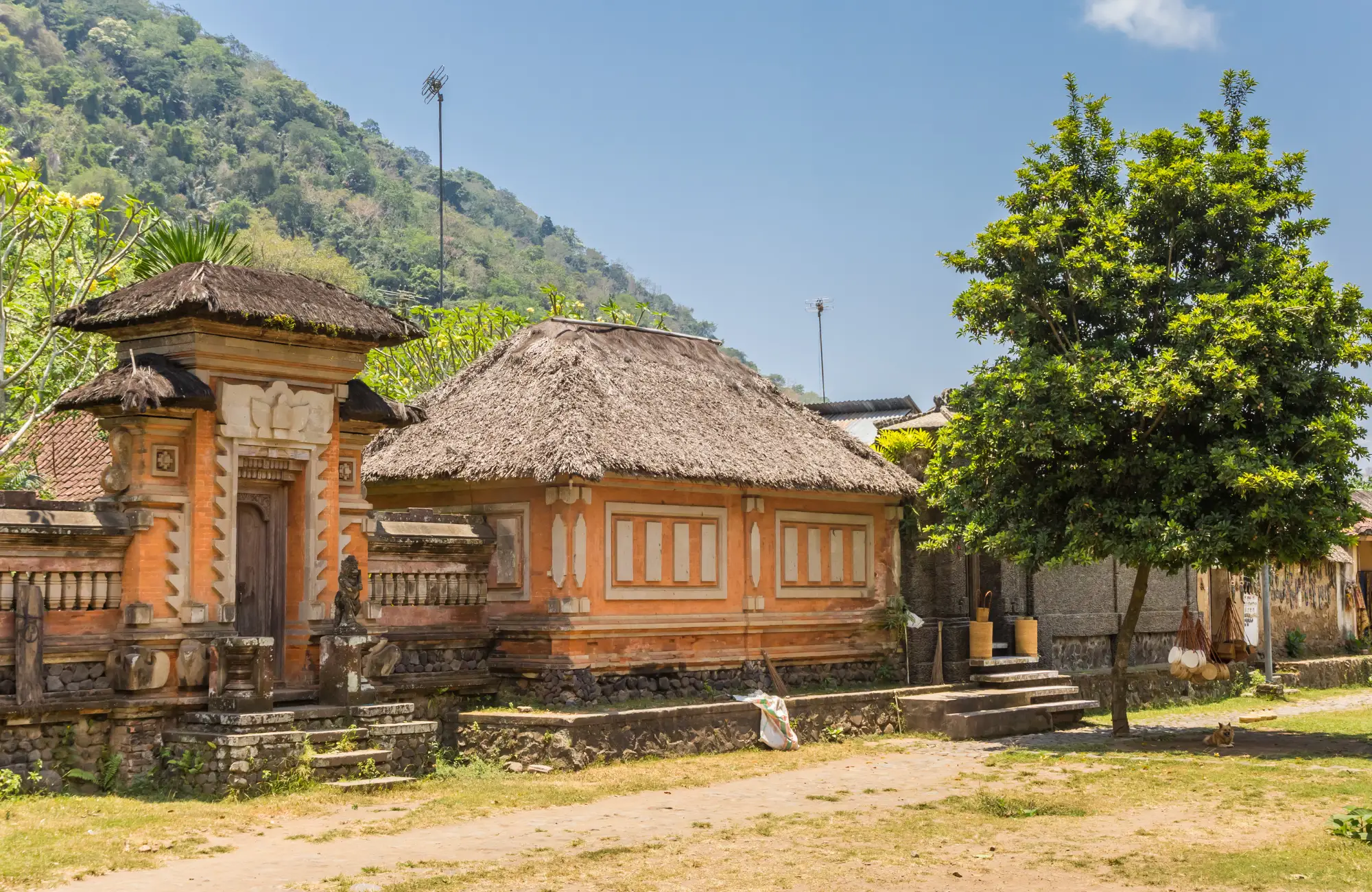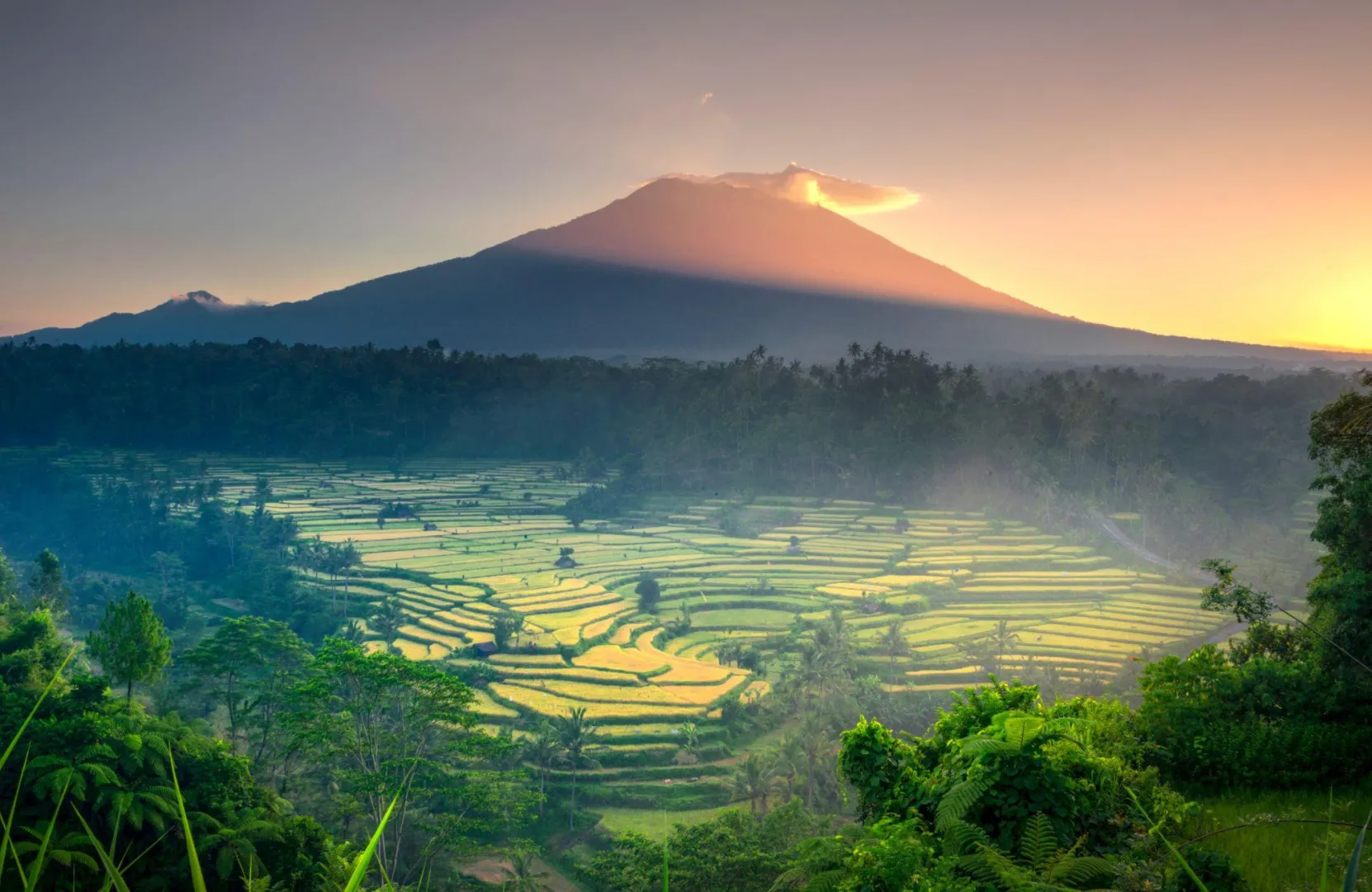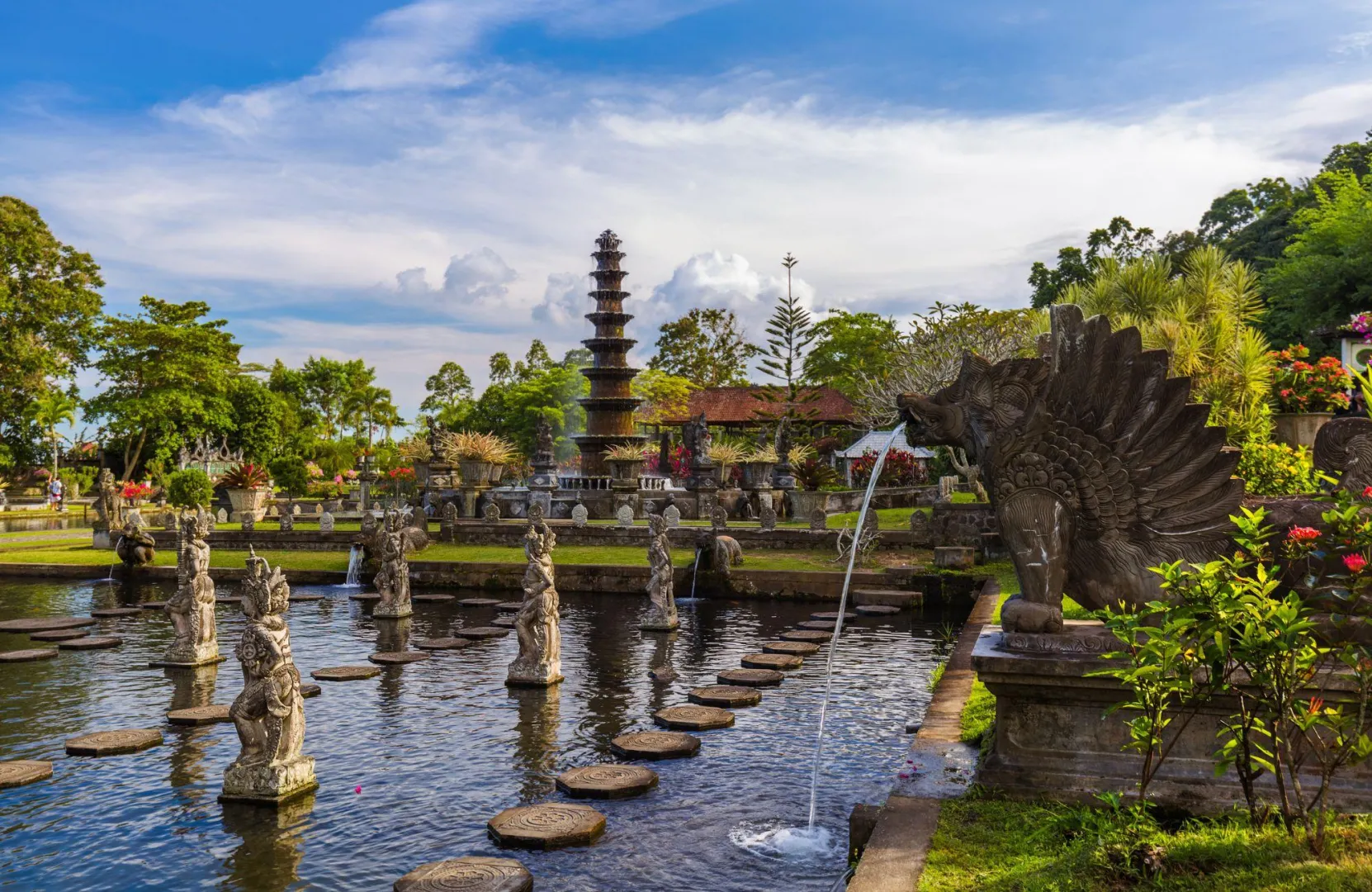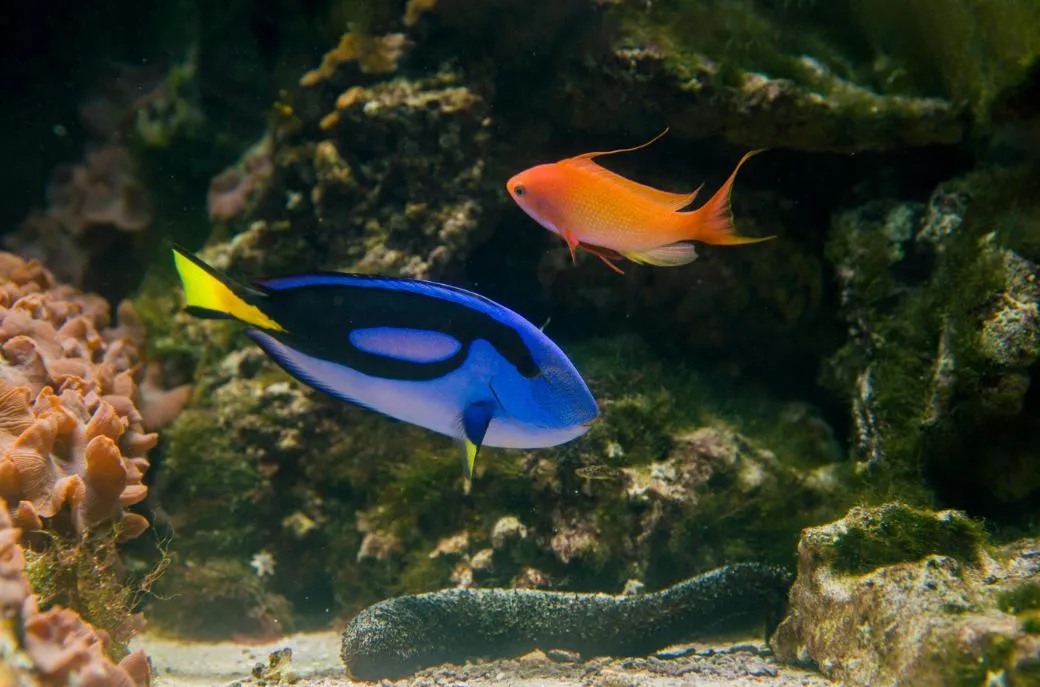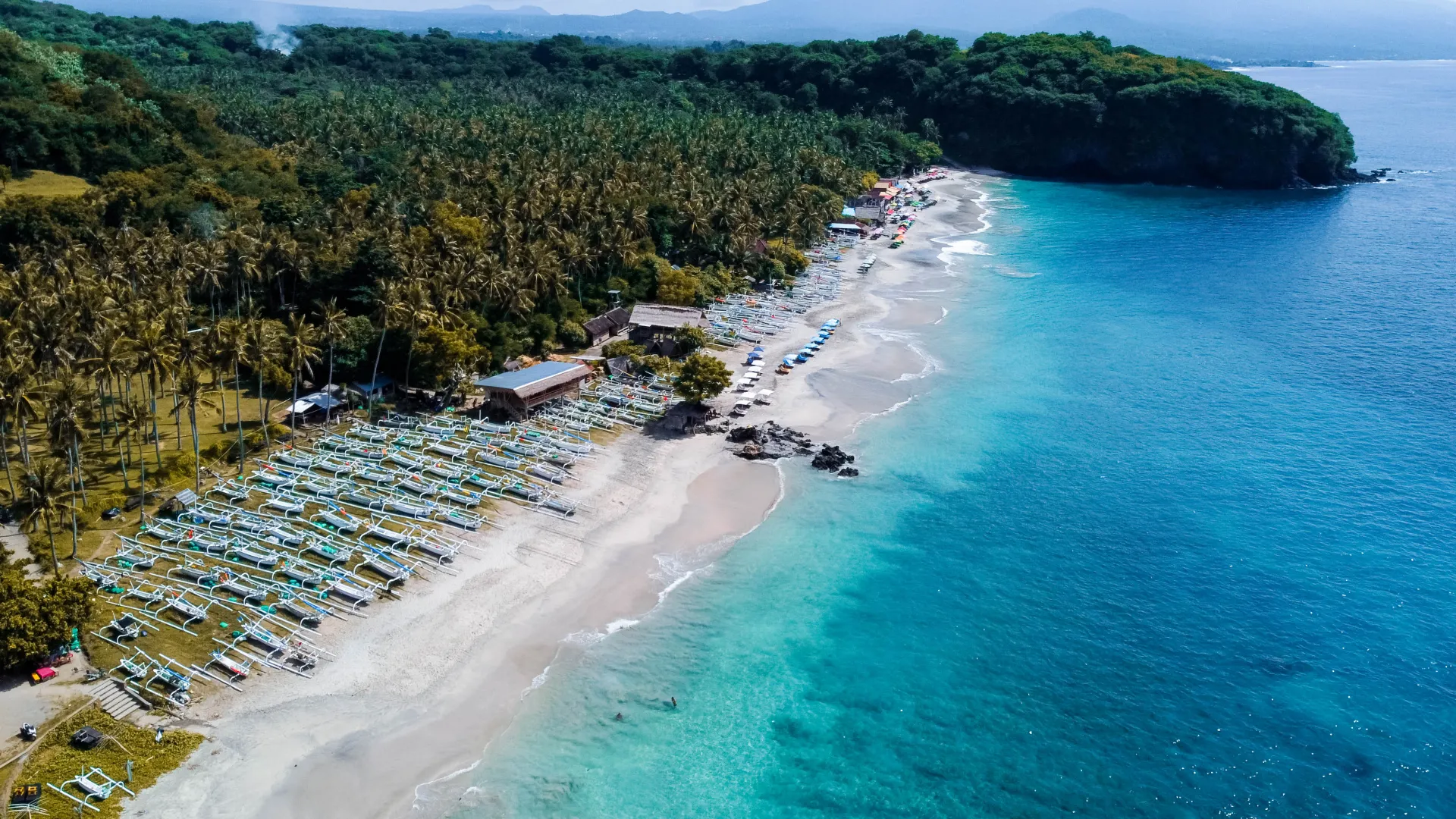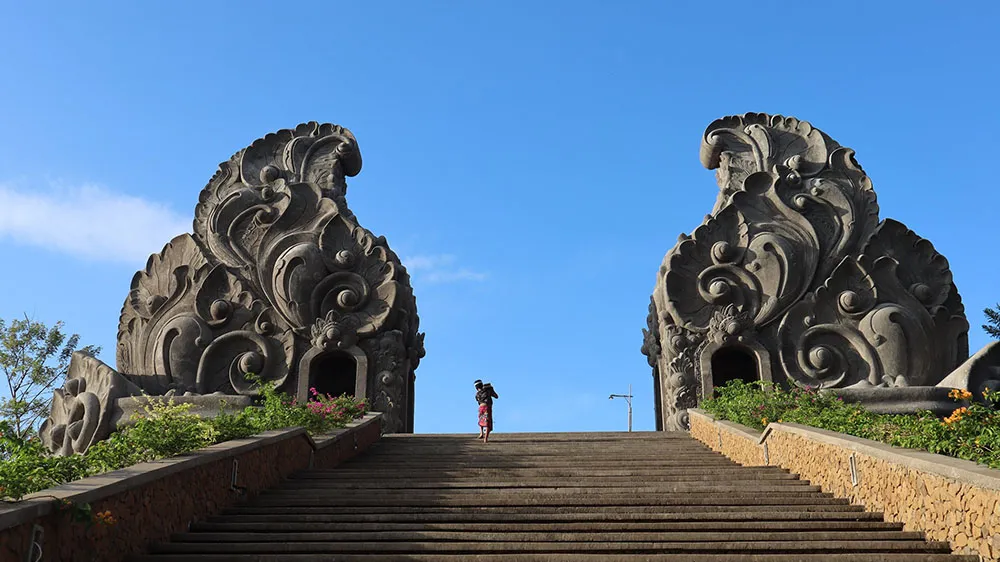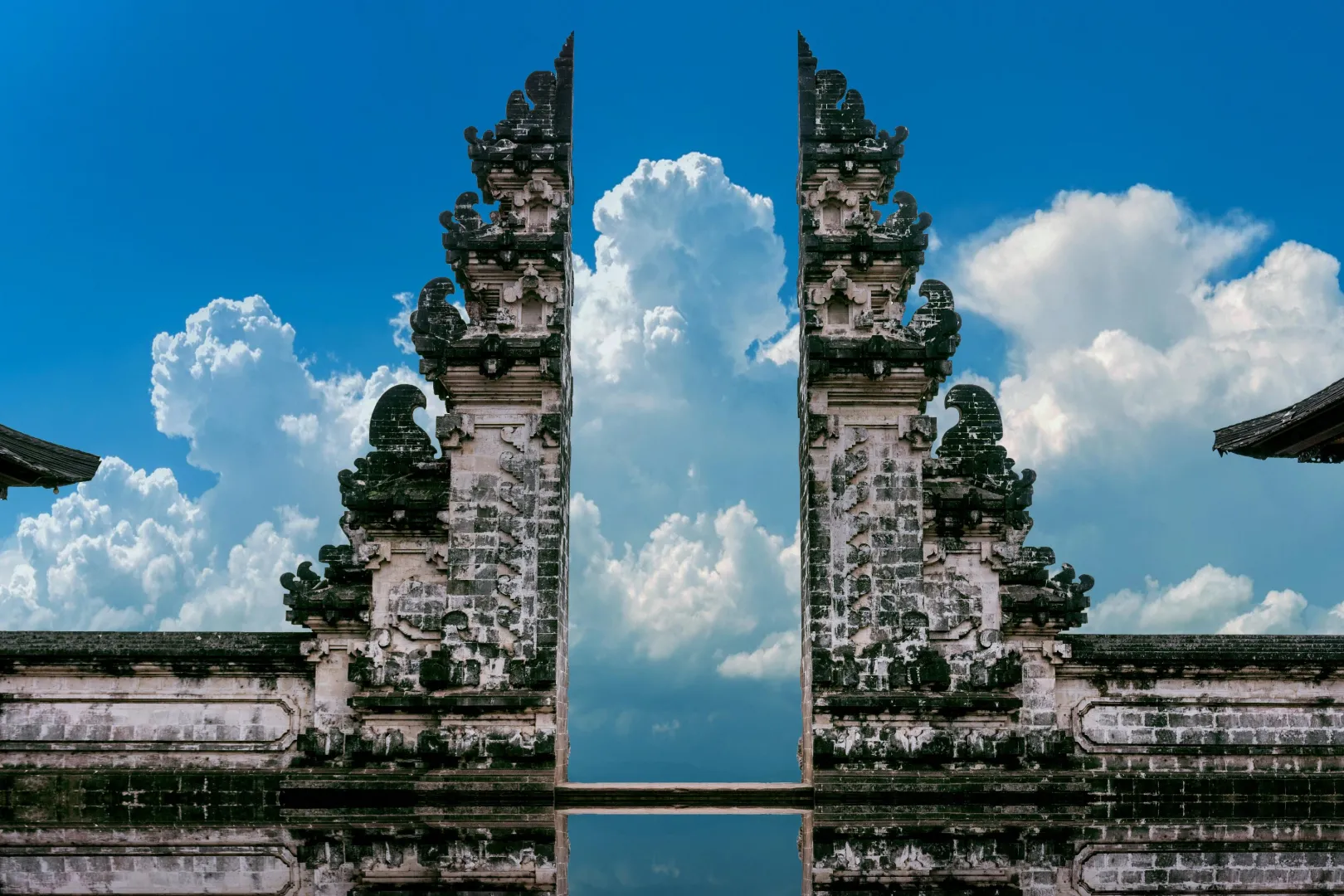
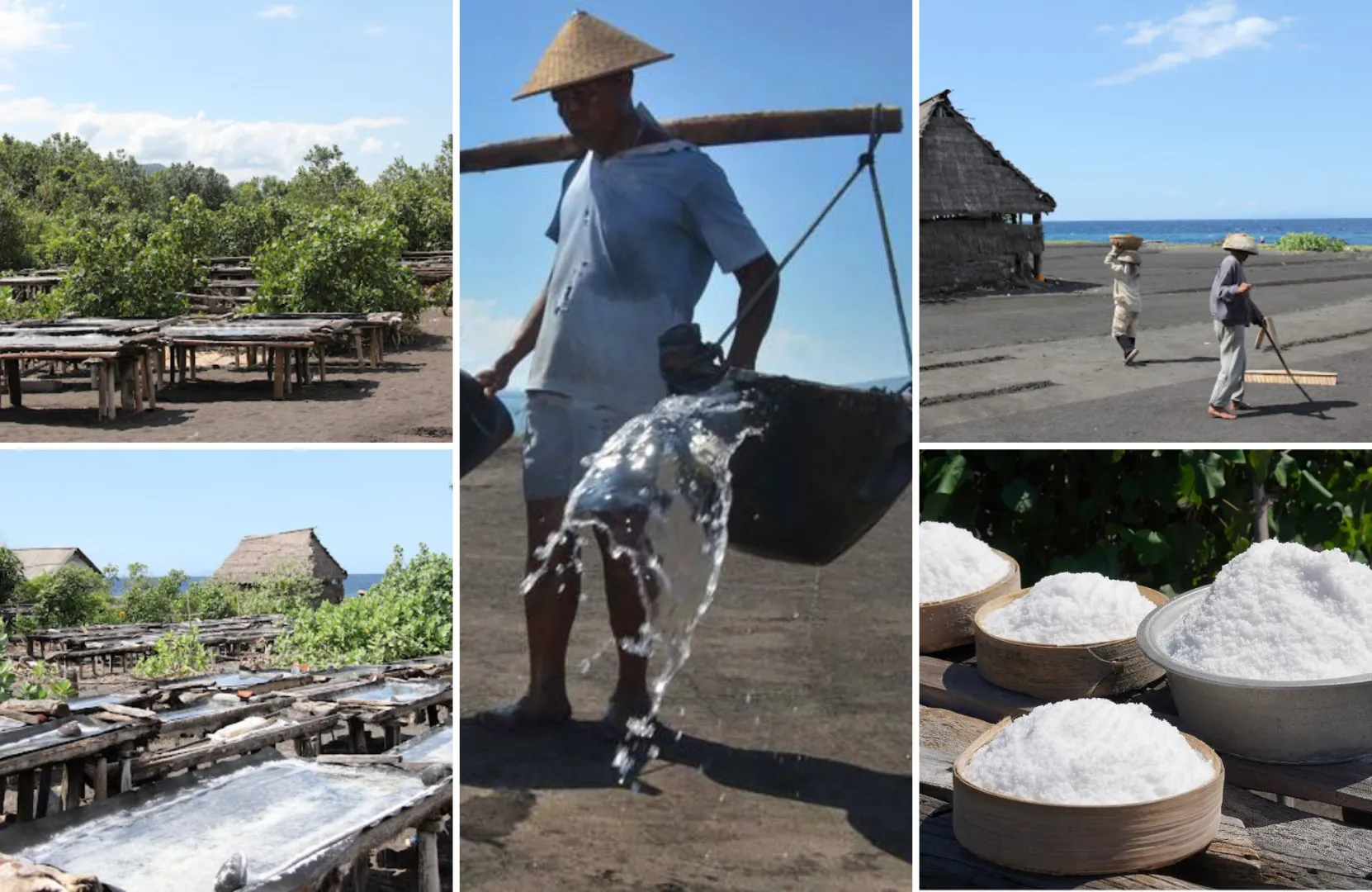
Administrator - 05 Februari 2025
Kusamba Traditional Salt Mining: Witnessing the Beauty of Salt Production Tradition in Bali.
Bali is an island known for its vibrant culture, breathtaking landscapes, and rich traditions. While much of its fame is built on its temples, beaches, and rice terraces, the island also has lesser-known cultural practices that are just as fascinating. One such tradition is the ancient practice of salt mining in Kusamba, a village located in the eastern part of Bali, within the district of Karangasem. Here, visitors can witness a centuries-old process of salt production that has been passed down through generations. Kusamba's traditional salt farming highlights Bali's connection to nature and provides a rare glimpse into an important part of the island's agricultural heritage.
A Glimpse into Kusamba's Salt Mining Tradition
Kusamba, located along Bali's eastern coastline, is home to an age-old method of salt production. The area's natural resources, particularly its clean sea water and the coastal landscape, make it the perfect setting for traditional salt farming. For generations, local farmers in Kusamba have harvested salt using techniques that date back hundreds of years, long before modern salt production methods were introduced.
What makes Kusamba's salt mining so unique is the artisanal way it's done. Unlike the industrial-scale production that dominates much of the world's salt industry, Kusamba's salt farmers rely on the natural rhythm of the tides, the sun, and the wind to produce salt. The process is labor-intensive and requires deep knowledge of the environment and the tides to ensure a high-quality product.
The Traditional Salt Farming Process
The traditional salt mining process in Kusamba begins with collecting seawater. Farmers fill large clay or wooden containers with seawater, which is then poured into shallow ponds, known as tombak in Indonesian. These ponds are typically constructed along the beach, where the salty sea water is left to evaporate under the intense Bali sun. Over several days, the water evaporates, leaving a layer of salt crystals at the bottom of the ponds.
The next step is the collection of the salt. Using simple tools, the salt is gathered by hand into piles and then carefully cleaned and dried under the sun to ensure it is pure and impurities-free. After drying, the salt is packed into bags and readied for sale. The entire process relies on the natural elements, including the right amount of sunshine, wind, and tide fluctuations, all of which contribute to the high-quality salt Kusamba is known for.
The salt produced in Kusamba is highly regarded for its purity and mineral content. Many people believe that it has a special taste and is ideal for culinary uses and health and wellness purposes. Some varieties of Kusamba salt are used in traditional Balinese ceremonies, where it is seen as a symbol of purity and abundance.
The Role of Salt in Balinese Culture
Salt is an important part of Balinese culture and spirituality. It is often used in religious ceremonies and rituals, where it is believed to purify, cleanse, and protect. Making salt is not just a means of livelihood for the people of Kusamba but also a way of connecting to the spiritual and natural world. Balinese people view salt as a gift from the sea and hold it in high esteem for its spiritual significance.
In Kusamba, salt farming is also a communal activity. Families have been passing down the knowledge of salt farming for generations, with each member playing a role in the process. From collecting seawater to managing the ponds, the entire community is involved in the production of salt, creating a strong sense of tradition and shared responsibility. This close-knit approach to salt farming is a testament to the importance of preserving Bali's cultural heritage while living in harmony with nature.
A Unique Experience for Visitors
For those visiting Bali, Kusamba's salt mining offers a rare opportunity to experience a side of the island that many tourists overlook. The village's salt farming sites are open to visitors, offering a fascinating insight into the traditional methods of salt production. Visitors can watch local farmers at work, helping harvest the salt and learning about the intricate process of producing the pure white crystals.
Moreover, Kusamba offers an authentic glimpse into the daily life of Balinese villagers, away from the tourist crowds in popular destinations like Ubud and Seminyak. The peaceful area has stunning views of the coastline and Mount Agung in the background, creating an idyllic setting for learning about Bali's cultural practices.
Interacting with the local farmers can also be an enriching experience. Many are eager to share their knowledge, explaining the entire process and the role of salt in their culture. Some farms even offer visitors the chance to try salt harvesting, providing a hands-on experience that connects them with the natural elements of Bali.
Supporting Sustainable Practices
One of the key aspects of Kusamba's salt mining is its sustainability. The production process relies heavily on natural methods, without heavy machinery or chemicals, making it environmentally friendly. The salt ponds are carefully maintained to preserve the quality of the seawater and prevent contamination, ensuring that the salt produced is not only pure but also sustainably sourced.
Supporting Kusamba's traditional salt farmers also means supporting Bali's local economy and encouraging the preservation of conventional farming techniques; in an era where industrial farming and mass production dominate, Kusamba's artisanal salt production is a beautiful reminder of the island's commitment to sustainability, cultural heritage, and environmental stewardship.
Kusamba's traditional salt mining allows visitors to experience the timeless practices of Bali's coastal communities. The salt production process, passed down through generations, reflects the island's rich cultural heritage and emphasizes the importance of living in harmony with nature. For those looking to discover a different side of Bali, Kusamba provides a peaceful, authentic, and fascinating experience that showcases the beauty of traditional craftsmanship, environmental sustainability, and Balinese spirituality. Whether you're a traveler interested in cultural heritage or simply looking to explore Bali off the beaten path, Kusamba's salt farming tradition is a must-see highlight in Karangasem.
Other Blog
SUBSCRIBE FOR EMAIL UPDATES

